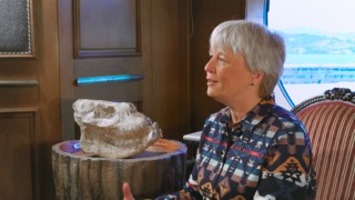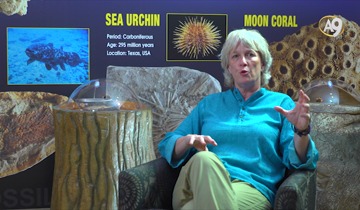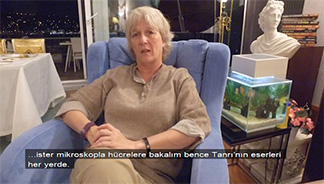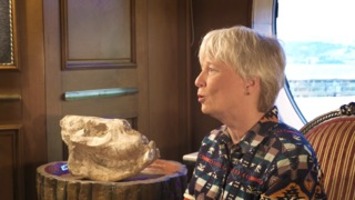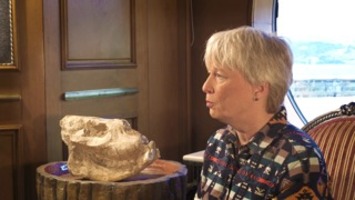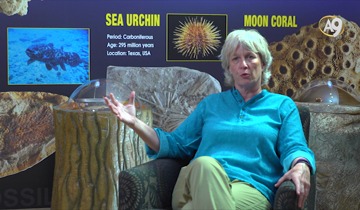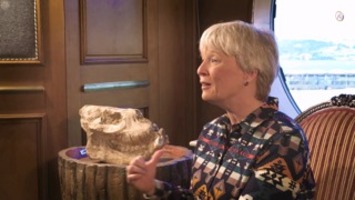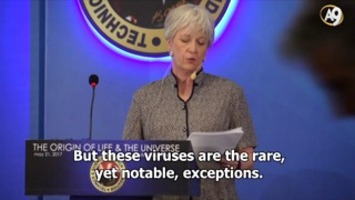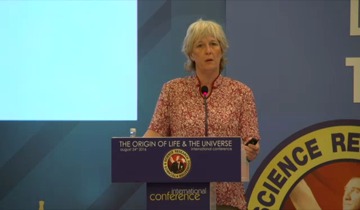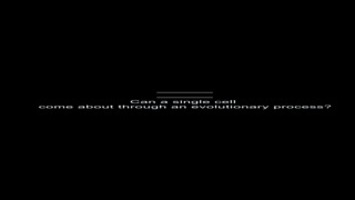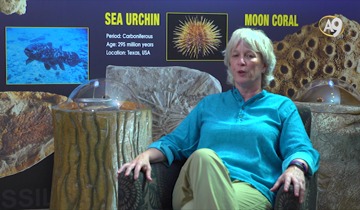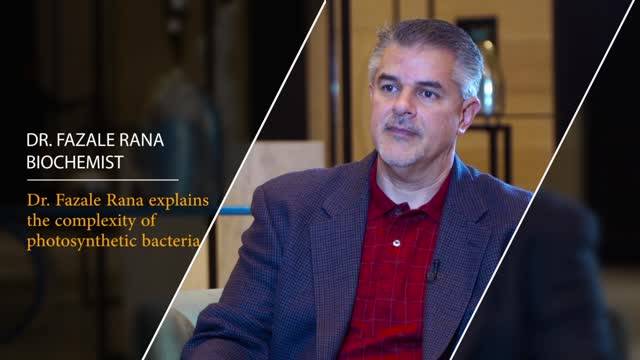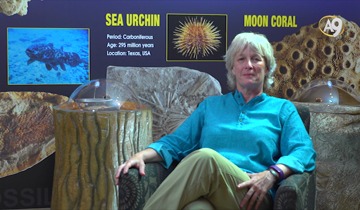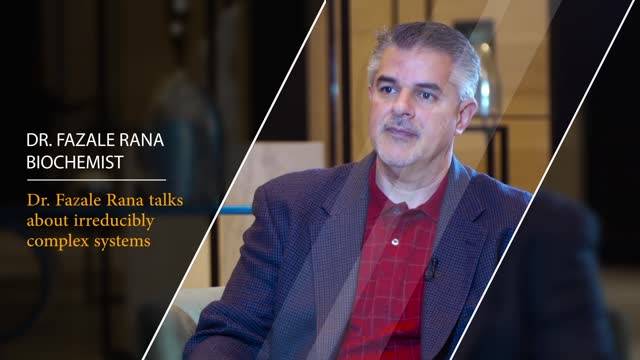Dr. Anjeanette Roberts: "We Have a Complexity Even at the Earliest Life Forms"
- Dr. Roberts, could you tell us about the bacteria in the fossil record, the cyanobacteria of 3.5 million years? Do you consider this a simple organism? What are the capabilities of these so-called simple bacteria?
- Right, so, the bacteria you are referring to have been evidenced in the fossil record at least 3.8 billion years ago in what are called stromatolites. These are basically mounts of petrified sedimentary layers that have been laid down over time by bacterial mats secreting compounds that basically solidify into rock-like structures. So, no. The simplest bacterium that we know of, the most minimalistic cell which is a small bacteria, contains over 380 different genes. And of those 380 different genes we still don't know what about 140 of those do. So it's a highly complex organism that has a very complex genome. So they are not simple organisms and it's apparent that there were probably more than one type of bacteria in the early fossil records. And so we have a diversity, we have a complexity even at the simplest and earliest life forms.



